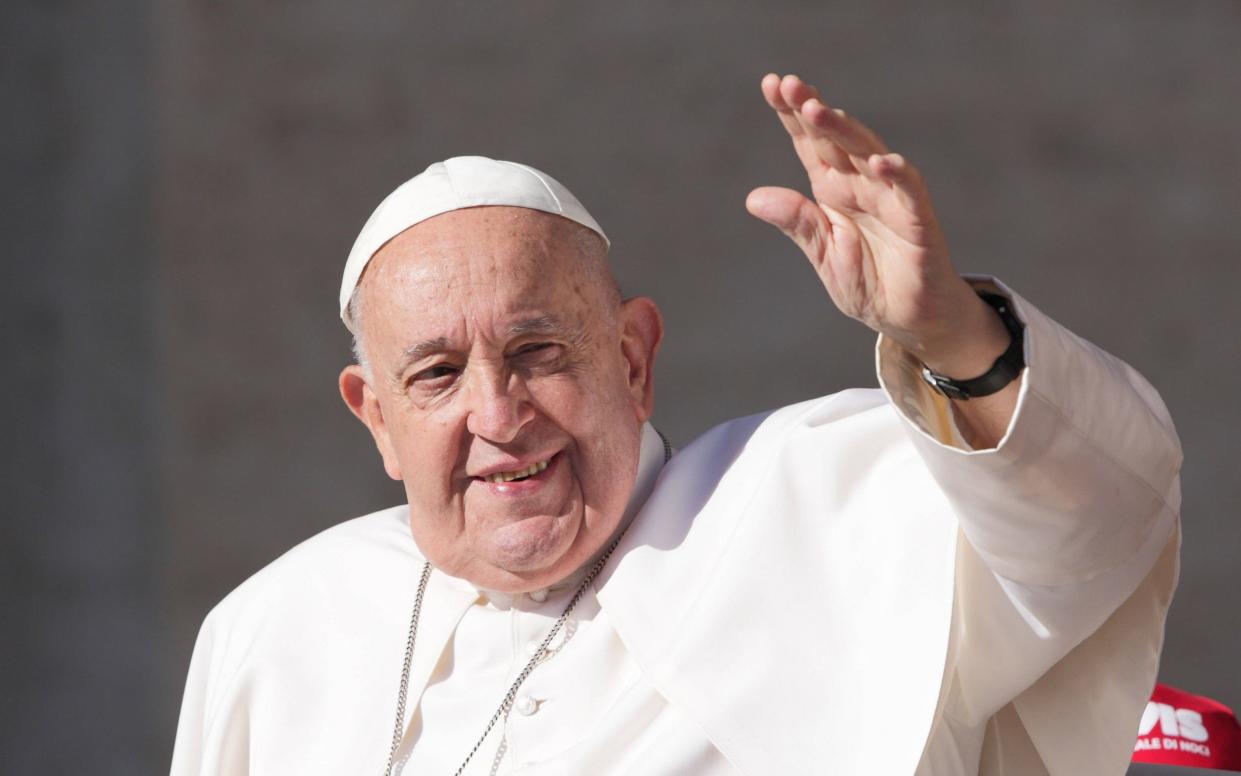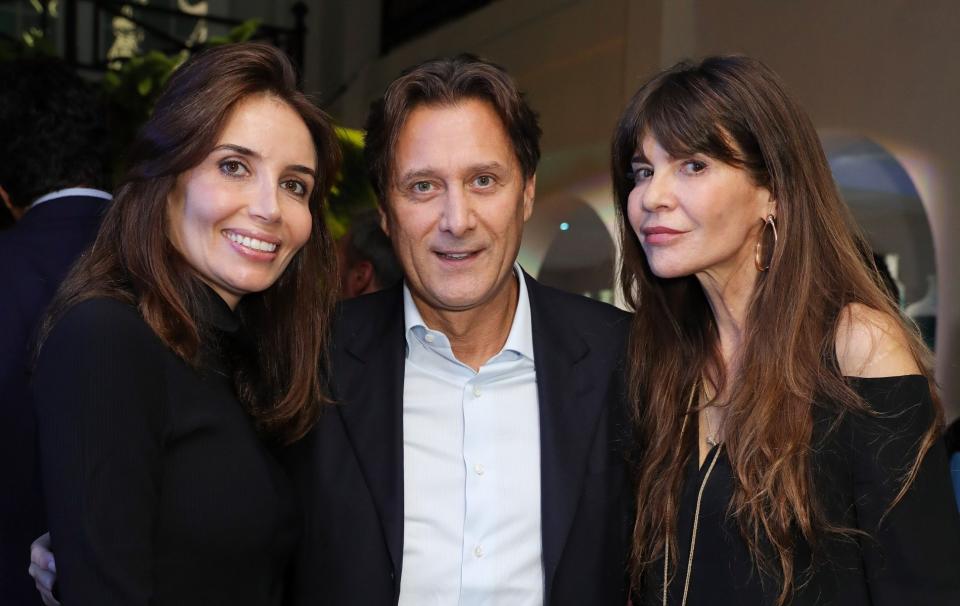Pope accused of illegally wiretapping phones

The Pope faces UN investigation over his personal authorisation of allegedly unlawful wiretaps during a Vatican investigation into the “corrupt” sale of a £300 million central London property.
Lawyers for Raffaele Mincione, a British financier accused of defrauding the Vatican, have filed a complaint to the UN about alleged abuses committed during the trial by Pope Francis, the spiritual leader of 1.4 billion Catholics worldwide.
Rodney Dixon KC, a leading human rights barrister, has accused the Pope of personally authorising unlawful wiretaps of Mr Mincione’s phone during the investigation into alleged wrongdoing at the Vatican.
During the trial, it emerged that Pope Francis himself handed powers to investigators allowing them to tap phones, intercept emails and arrest anyone they wanted to without approval from a judge. The powers were based on “rescritti” – ancient laws that the Pope could use as divine monarch of the Vatican.
In the complaint to Prof Margaret Satterthwaite, the UN Special Rapporteur on the independence of judges and lawyers, Mr Dixon listed the Pope as a “perpetrator” of human rights abuses.
“This unreasoned authorisation to prosecutors by an absolute monarch greenlit the undertaking of surveillance without the articulation of definite reasons, ongoing judicial or other independent and impartial supervision, or a mechanism by which to challenge the implementation of the surveillance before an independent and impartial tribunal,” said Mr Dixon.

The Vatican claims Mr Mincione defrauded it by inflating the price when it invested £124 million in a former Harrods warehouse in Chelsea via a fund managed by Mr Mincione. Prosecutors charged Mr Mincione and 10 others including Cardinal Angelo Becciu, the former right-hand man to Pope Francis, with offences including fraud, embezzlement, and abuse of office.
Mr Mincione maintains he did not do anything wrong, and that the property was appropriately valued by independent experts. Mr Mincione claims that the Vatican has never disclosed evidence to show it lost money nor of his alleged wrongdoing.
Last December, the financier was convicted of breaching canonical – or spiritual - law and handed a five-and-a-half-year jail sentence by Vatican judges. He and his legal team claim that he has been the victim of a “witch-hunt” where he believes the legal goalposts were moved to secure his conviction.
In his complaint to the UN Special Rapporteur, Dixon also complained that Mr Mincione was convicted of breaching breach of canon – or spiritual – law.
“It is not appropriate for religious tenets to be imposed on the regulation of a secular transaction without the consent of those involved in the transaction,” Dixon said in his complaint filed ahead of a session of the UN Human Rights Council in Geneva which starts on Monday.
Mr Dixon also criticised claims that Mr Mincione’s lawyers were placed under surveillance in Rome during the trial before a panel of three Catholic judges. In his UN complaint, Dixon said they appeared to be “victims of interference if not intimidation” at the “instigation” of the Vatican.
Mrs Satterthwaite’s office is based in Geneva and she reports to the UN Rights Council and the UN General Assembly. She is responsible for upholding the independence of the judiciary and monitoring abuses of human rights laws.
As the UN Special Rapporteur, she can communicate directly with states regarding alleged wrongdoing and previous investigations have built enough pressure to force rogue states to release journalists, opposition politicians, human rights campaigners and asylum seekers from incarceration.
‘Basic rights trampled on’
Mr Mincione told The Telegraph: “My basic rights have been trampled on and been ignored. How can it be correct that I have been handed criminal penalties for breaches of spiritual law which only applies to members of the Church, which don’t seem to apply to anyone else that handles the Vatican’s investments, and which I didn’t know anything about?
“This has been a devastating experience for me and my family and I truly hope that the United Nations will pursue justice in this matter.”
Mr Mincione is appealing his conviction on the basis that he was actually cleared of the criminal offences from the original indictment and only convicted of new offences introduced at the 11th hour and based on the Vatican’s canonical – religious, not criminal – law.
The Vatican has maintained it has acted appropriately and within the law. A spokesman for the Vatican said: “The legitimacy of the investigations and the correspondence of the Vatican judiciary system to the principles of fair trial has been recognised by various foreign courts.”
They have been approached for further comment.

